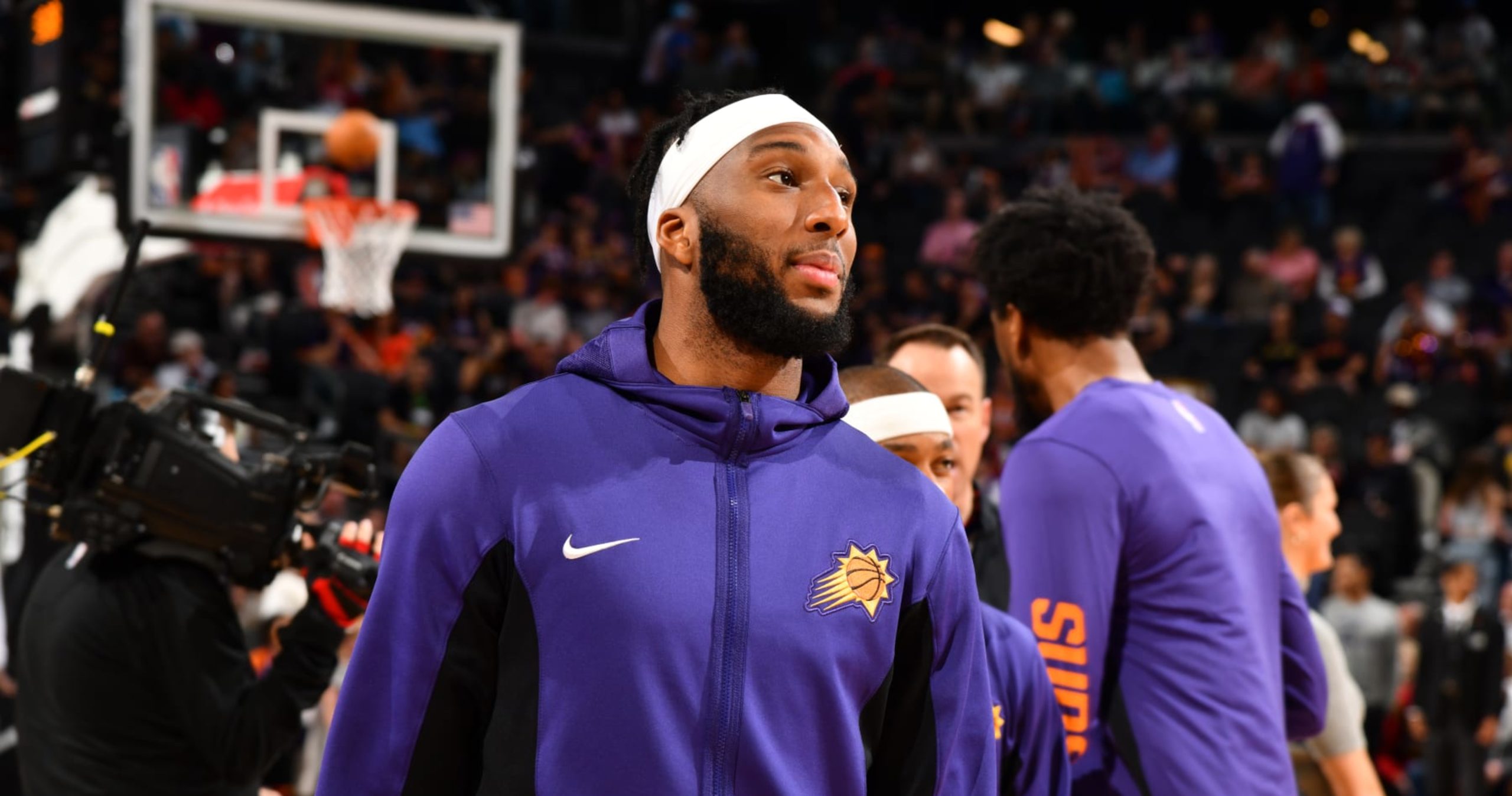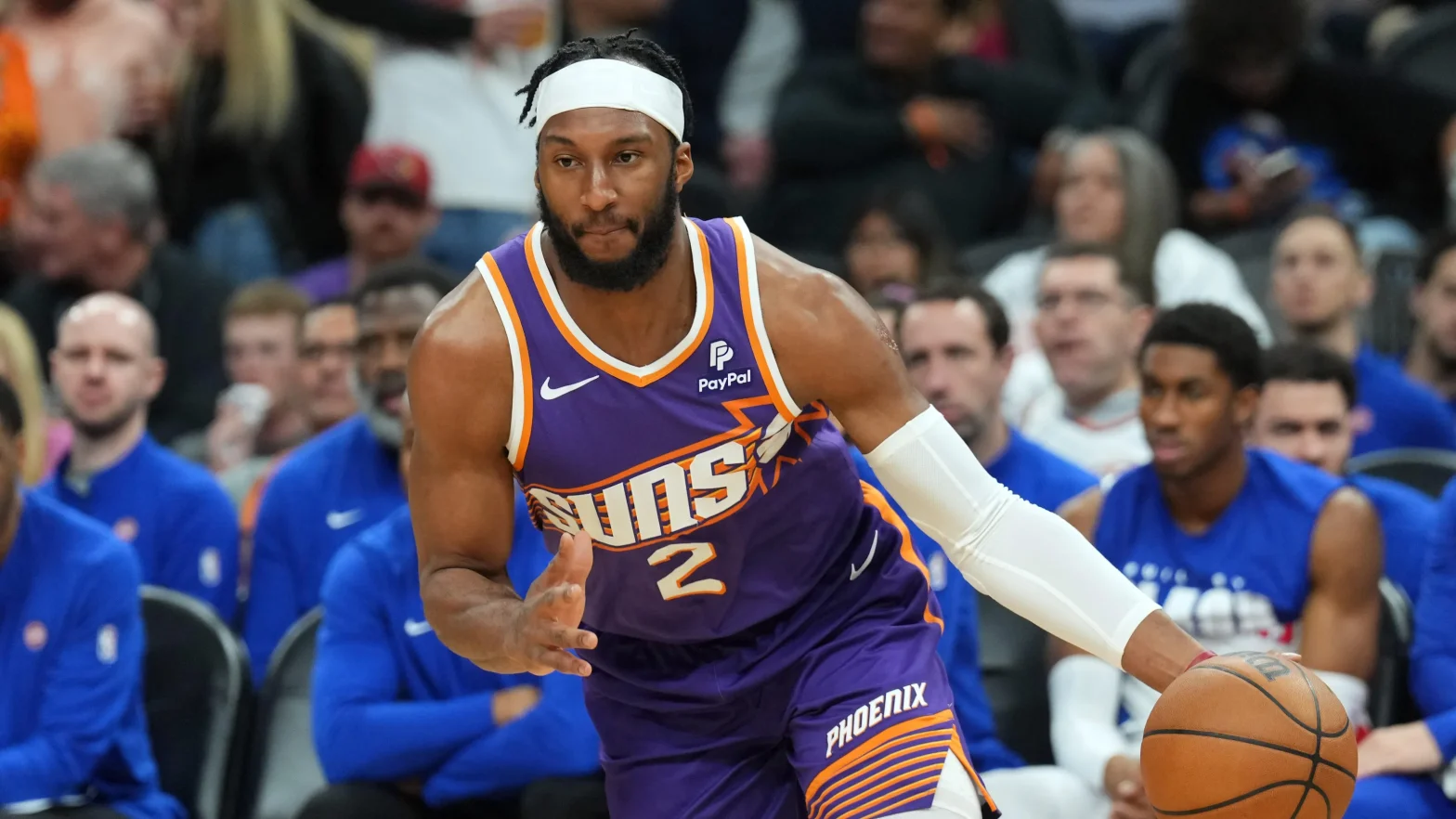The Phoenix Suns’ decision to re-sign Josh Okogie, initially seemingly minor, holds significant financial implications. Reported by Shams Charania, the Suns agreed to a two-year, $16 million deal with Okogie, featuring a non-guaranteed second season for flexibility.
This move pushes the Suns’ payroll to historic levels, making them the first NBA team with a $400 million payroll, split between $223 million in salaries and $198 million in projected tax, as noted by ESPN’s Bobby Marks.
From a strategic standpoint, Bobby Marks highlighted the Okogie signing as a shrewd move, providing Phoenix with an $8 million trade asset under salary cap rules.

While Okogie’s impact on the court may be limited—he averaged 4.6 points, 2.6 rebounds, and 1.1 assists per game last season—his signing underscores the team’s financial strategy amidst their star-studded roster led by Kevin Durant and Devin Booker.
Durant and Booker, averaging 54.3 points combined per game in the previous playoffs, face high expectations alongside their supporting cast. Despite their firepower, including Bradley Beal, the Suns were swept by the Minnesota Timberwolves, exposing gaps in their depth and support beyond the star duo.
Beal’s struggles and early exit from the playoffs underscored the team’s need for a stronger supporting lineup heading into the competitive Western Conference.
Looking forward to the 2024-25 season, the Suns face the critical task of bolstering their supporting roster to avoid disappointment, particularly with their unprecedented payroll.
They must navigate challenges from formidable teams such as the Denver Nuggets and Dallas Mavericks. Another early playoff exit could diminish their standing in the league, despite the formidable presence of Durant and Booker.
The signing of Okogie, while financially savvy, underscores the Suns’ delicate balance between managing payroll and achieving success on the court in a highly competitive and demanding NBA landscape.
